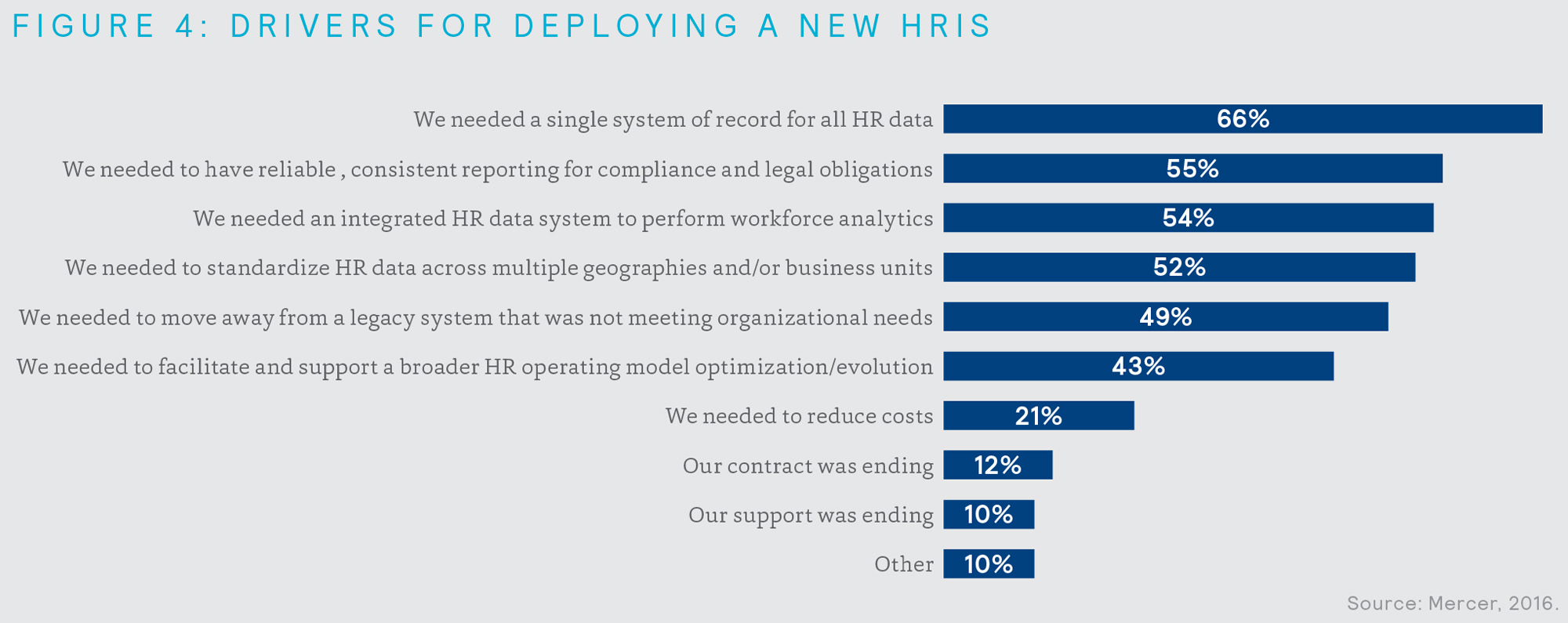Skip to content
- all all
- Global Homepage

Choose Your Location
This Video is unable to play due to Privacy Settings.
Error Code: MEDIA_ERR_PRIVACY_SETTINGS
Technical details :
The Video could not be loaded because the privacy settings are disabled. Under the 'Manage Cookies' option in the footer, accept the Functional cookies to allow the video to play.
Session ID: 2022-03-11:54c8618b1429229616728ead Player Element ID: video4108f453fe1043c89acdd6685456dd4c




